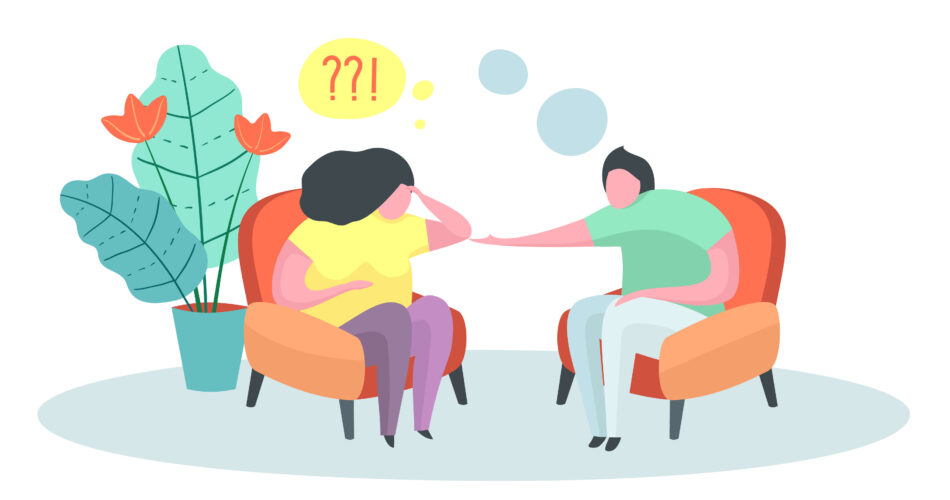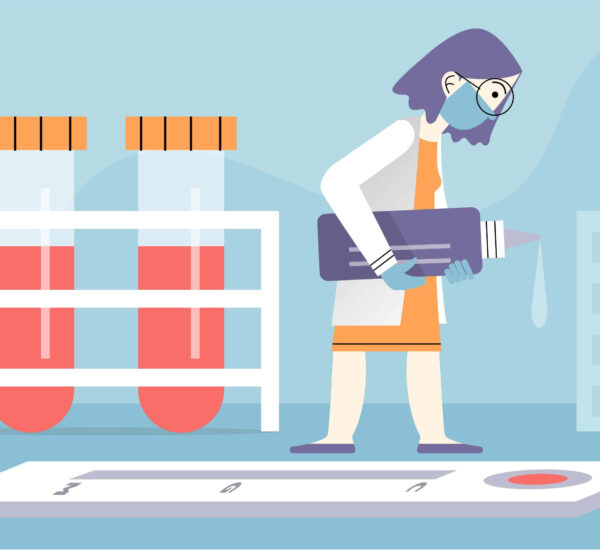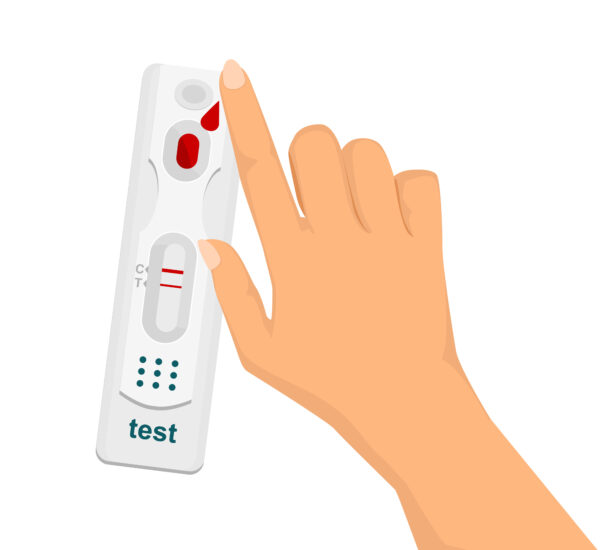Navigating an HIV test can be a deeply personal experience, often accompanied by anxiety, uncertainty, and a host of questions. Whether it’s your first time being tested or a regular health check, understanding the role of counseling at each stage—before, during, and after testing—can make a difference. Effective HIV test counseling not only provides emotional support but also delivers valuable information, answers to common questions, and resources for managing health outcomes. This guide explores why counseling is crucial at every stage of HIV testing and what you can expect throughout the process.
Importance of Counseling in HIV
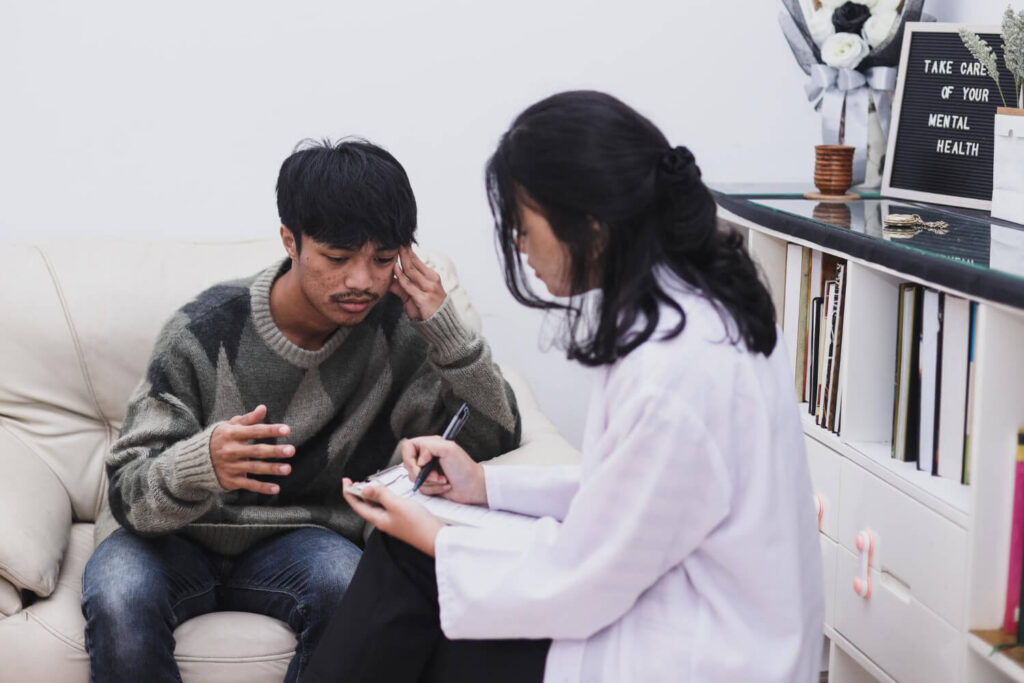
HIV testing and counseling are common health services that should be intertwined when dealing with this infectious disease. When it comes to HIV prevention, people with the virus aren’t equipped with the right decisions, but with counseling, they can be introduced to better choices. Thus, helping them to identify their HIV status, and proceed to the next step such as antiretroviral therapy treatment.
However, do take note that this aspect can be difficult to achieve. According to the World Health Organization, HIV testing should always be voluntary. That’s why it’s important to be self-aware to proceed to the next best steps for your health. In this case, this means understanding the importance of HIV test counseling and beginning the detection of HIV infection.
What Happens in An HIV Test Counseling
HIV test counseling commonly involves a 3-part process known as pre-test counseling, during-test counseling, and post-test counseling. Let’s dive deep into what occurs in each step for better handling of HIV infection.
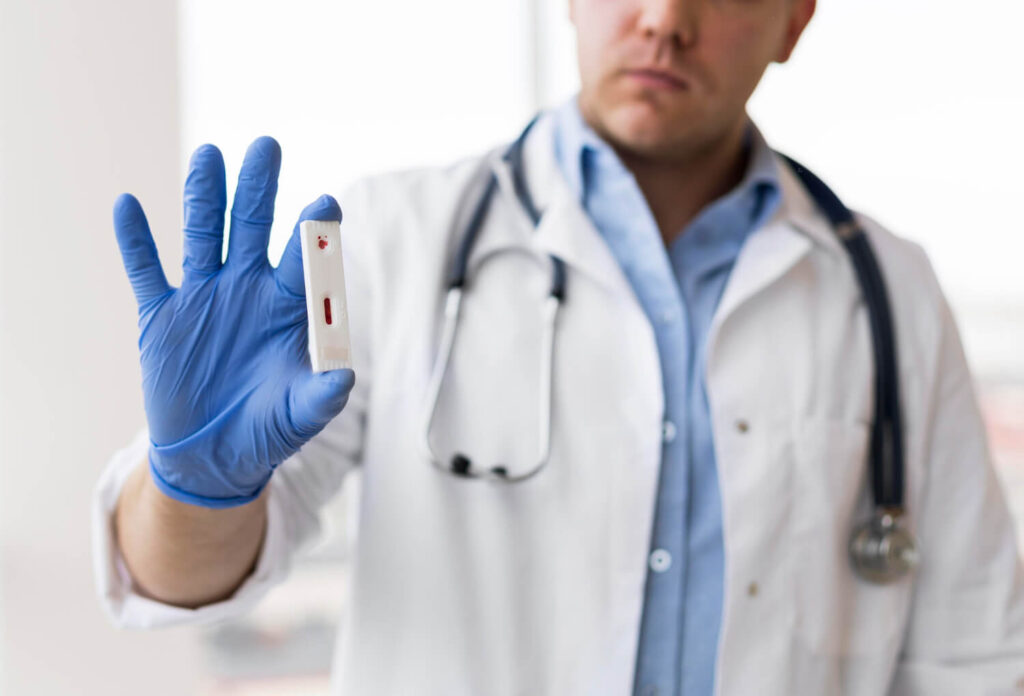
Pre-Test Counseling: Preparing for an HIV Test
Before any HIV test, pre-test counseling can help you prepare by providing essential information and addressing common concerns.
During this stage, the counselor discusses:
- Understanding HIV Risks: Counselors proceed with risk assessment to know more about the potential exposure risks and behaviors that could have led to HIV exposure.
- The Nature of the HIV Test: Explaining the HIV testing process and the type of test being performed to help individuals feel informed and at ease.
- Benefits of Testing: The counselor emphasizes the importance of testing for overall health, peace of mind, and, if necessary, early treatment.
- Addressing Emotional Concerns: For many, testing can bring fear or anxiety, especially concerning potential stigma or judgment. Counselors offer reassurance, explaining confidentiality and privacy practices.
Pre-test counseling not only prepares you mentally and emotionally but can also lead you to make an informed decision about testing. It builds trust with the healthcare provider, making the entire experience more comfortable. Thus, making HIV testing services more accessible and achievable on your end.
During-Test Counseling: Support Throughout the Process
On the other hand, this next step involves a counseling session about the emotional aspects that the test results can bring. During this time, the counselor will be guiding you on your HIV screening, easing the occurring tension and anxiety. In short, you’ll receive crucial support and reassurance as you take the test.
Here’s what can happen:
- Reducing Anxiety: Counselors help manage stress by explaining each step of the process and reinforcing that it’s natural to feel nervous.
- Empowerment Through Knowledge: By explaining the significance of each testing phase, counselors help individuals feel more in control of the situation.
- Encouragement to Stay Calm: Sometimes, a short counseling session is enough to ease tension and build confidence.
Counselors play a vital role in keeping patients like you grounded, explaining how to interpret preliminary results if any are provided. Through compassion and expertise, counselors offer a sense of stability, no matter the test’s outcome.
Post-Test Counseling: Navigating Results and Next Steps
Lastly, in the post-test stage, you can find one of the most impactful points of the HIV testing experience. At this point, you’ll be receiving either a positive test result or a negative result from the HIV test. Please take note that HIV test counseling is still highly needed during this phase to help you understand your case fully.
If the Result is Negative:
- Education on Prevention: Counselors discuss strategies to remain HIV-negative, including safe practices and regular testing schedules.
- Encouraging Open Dialogue: They reinforce the importance of ongoing education and self-care.
- Risk Reduction Counseling: For those at high risk, additional resources like PrEP (pre-exposure prophylaxis) may be discussed.
If the Result is Positive:
- Emotional Support: For those receiving a positive result, the initial reaction can vary greatly, often involving shock, sadness, or confusion. The counselor offers empathy and space to process these emotions.
- Next Steps and Treatment Options: They introduce and explain how HIV can be managed effectively with modern medicine.
- Addressing Concerns About Stigma: HIV-positive individuals may feel a fear of stigma. Counselors provide guidance on finding supportive communities and coping strategies.
Whether you receive a positive or negative result as an HIV diagnosis, preventing HIV transmission is a must. With the help of counseling, you’ll know essential steps for disease control. Thus, protecting the people around you.
Frequently Asked Questions
What type of doctor handles HIV test counseling?
The doctor for HIV counseling commonly consists of experts in mental health, infectious disease, general medicine, and others. When finding the right doctor for you, it’s best to refer to your HIV doctor so they can introduce you to other professionals in the field. Please take note that HIV counseling is a crucial aspect to help with HIV case management. So, it’s best to find a reliable doctor who can help with the risk of HIV transmission and other effects of HIV.
How much does HIV test counseling cost in the Philippines?
The cost may vary depending on the health clinic for HIV test counseling. If you choose to have HIV counseling using the NowServing app, the initial cost for the consultation would be Php 500.00. Please take note that other health services are not yet included in this cost.
For more information, please visit the online consultation page on the NowServing website!
How does counseling help if the HIV test result is positive?
Counselors play a crucial role in helping individuals navigate their emotions, understand the various treatment options available to them, and connect with support resources. They offer HIV prevention tips and compassionate responses to their clients’ struggles to guide them towards a path of healing and hope for the future.
By providing a safe and non-judgmental space, counselors empower individuals to process their emotions and make informed decisions about their mental health and well-being. Through their support and guidance, counselors help individuals find the strength and resilience to overcome their challenges and move towards a healthier and more fulfilling life.
Is counseling confidential?
Yes, you don’t need to worry about the HIV session as every detail discussed will not be released to the public. In that case, counselors will encourage you to have full disclosure of the crucial details that may have an impact on your sero-status. These details may involve your sexual partner, family member with HIV status, and other personal information.
Can I ask the counselor questions about HIV prevention?
Absolutely. Counselors encourage open dialogue and will gladly discuss prevention methods, safe practices, and how to maintain overall health. They are there to provide support and guidance in making healthy choices and developing positive habits.
Whether it’s discussing physical health, mental well-being, or emotional balance, counselors are dedicated to helping individuals achieve and maintain a healthy lifestyle. By fostering open communication and providing valuable information, counselors empower individuals to take control of their health and well-being.
Who should undergo HIV test counseling?
Certain groups of people are considered to be a priority when it comes to HIV testing, which also includes counseling. These people are the following:
- sex workers
- drug users who use injection
- people with multiple sexual partners
Experts consider them as high risk, which means they must undergo individual risk assessment or routine testing for a diagnosis of HIV infection. Don’t worry as HIV test counseling is available to provide guidance and knowledge of their HIV status.
How often should high-risk individuals seek HIV testing and counseling?
For individuals in high-risk groups, it is recommended to undergo testing every three to six months. Regular counseling and testing can help manage risks and provide peace of mind. By staying proactive with testing and seeking support through counseling, individuals can stay informed about their health status and take necessary precautions to protect themselves and others. This approach can also help in the early detection of any potential health issues, allowing for prompt intervention and treatment. Overall, regular testing and counseling play a crucial role in maintaining the well-being of individuals in high-risk groups.
Conclusion
HIV testing and counseling work hand in hand as one of the effective HIV prevention services offered to all at risk. The most crucial point is the role of counseling in helping people to realize safe living rather than having poor choices. By undergoing each process, patients can work their way until they become empowered to choose better ways of handling HIV.
So, whether it’s your first time or a routine check for HIV, always remember that there’s no shame in asking for guidance. HIV test counseling is an effective option to alleviate anxiety and help lead you to a better supportive framework against HIV.
Take control of your health today by contacting your local HIV testing center. You can also try booking an online consultation with an infectious disease doctor!
HIV Testing & Counseling Quiz
Test your knowledge about HIV testing and counseling
